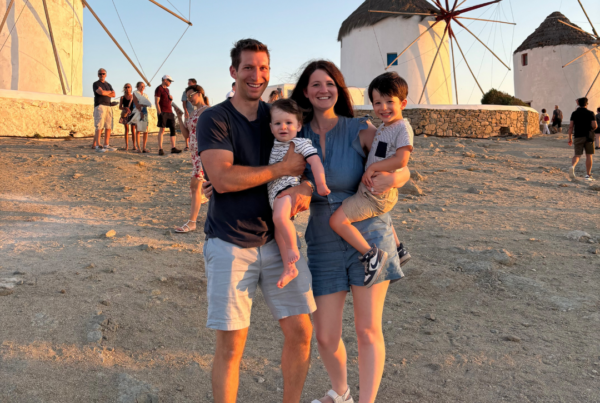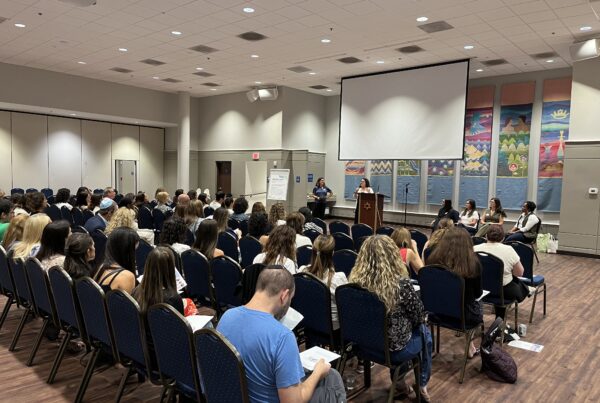 Sukkot inTime of Distance
Sukkot inTime of Distance
By Edward Queen
It was not supposed to be like this. While every year our sukkah is filled with people and joy, this year was to be even greater. My wife Hallie had retired, and we simply were going to throw our space open for dinners, for lunches, for sleeping. (Yes, we sleep in the sukkah.) Here just two miles from Emory, we sleep. On cots. On air mattresses. Regular mattresses. We join our nocturnal neighbors, the animals with which we share our space. Owls, locusts, raccoons, opossums. We look up through the schach (leafy roof of a sukkah) and see the stars and the moon as it moves from full through its last quarter.
It is that sharing, the togetherness with others, the shared meals, that we will miss most. Twenty or so people at dinner, 60-70 at the open house (the open sukkah?). The pleasure of sharing a space with friends and acquaintances. Making our sukkah available to those who do not have one and introducing the sukkah to those who have not yet had that pleasure. If in the movie Ushpizin, (ushpizin means guests in Aramaic) the family must confront the meaning of having guests that are unwanted, this year my family must struggle with the meaning of guests wanted but un-haveable.
The joy of building and living in the sukkah still will be there. It is, after all, Z’man Simchateinu, the time of our rejoicing. One must wonder, however, will the table seem a bit forlorn? Will the effort seem “worth it?” Will remembrances of Sukkot past, pull us away from Sukkot present? Will what we cannot have, detract from what we do have?
And the Ushpizin and Ushpizot — the seven shepherds of Israel, Abraham, Isaac, Jacob, Moses, Aaron, Joseph, and David and the seven prophetesses of Israel, Sarah, Miriam, Deborah, Hannah, Abigail, Hulda, and Esther, will they join us? Will they fill the empty seats and fill our empty hearts?
Tradition holds that they refuse to visit a sukkah that lacks guests, where one has failed to show hospitality. But how will they respond to a sukkah, where to be hospitable means not to bring someone in? Where one foregoes one’s own pleasure in bringing people around the table in order to protect them? Or suppresses one’s ego at hearing the compliments on one’s sukkah, one’s decorations, one’s efforts to glorify, to adorn the mitzvah?
Perhaps it is then that they will come. For the key to hospitality may lie not in having guests, but in how one treats them, in one’s concern for them. This year that concern may perhaps lie, not in the invitation, but in the separation.
Edward L. Queen, Ph.D., J.D. is director of the D. Abbott Turner Program in Ethics and Servant Leadership, and Coordinator of Undergraduate Studies at Emory University’s Center for Ethics





